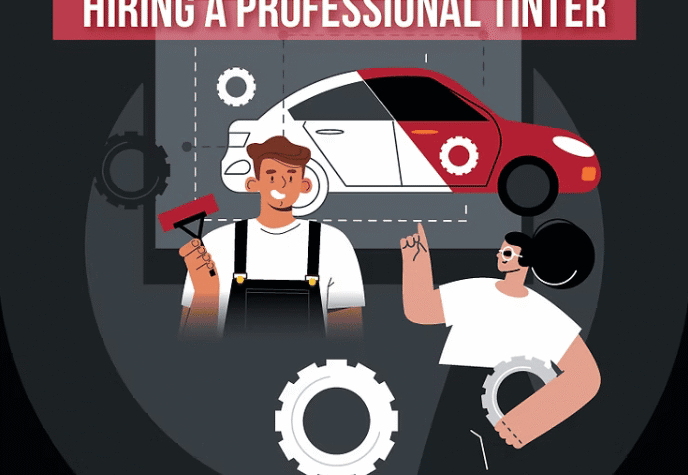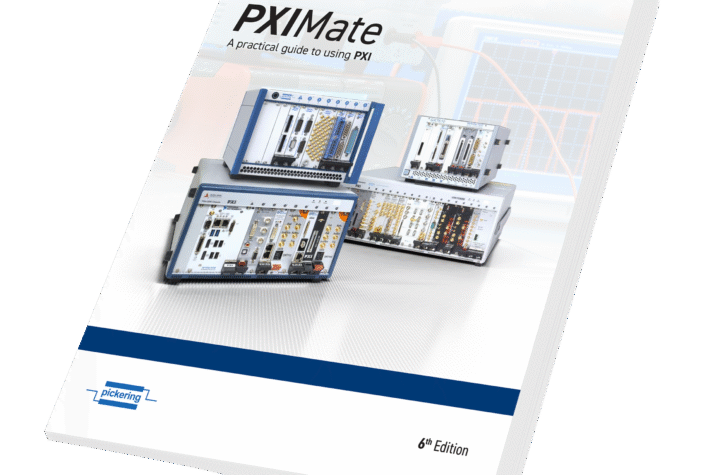
Honda and Deutz have joined the effort to perfect ultra downsized turbocharged HEDGE (high efficiency dilute gasoline engine) technology being developed at Southwest Research Institute for 20 automotive industry sponsors, HEDGE engines have demonstrated brake thermal efficiency in the diesel range, with peak efficiencies near. 40%.
Gains made with the HEDGE system bring the merger of Otto (spark ignition gasoline), and Diesel (compression ignition middle distillate) combustion systems that much closer. Industry interest in HEDGE is illustrated by the growing list of major engine and supplier firms sponsoring its development at SWRI, San Antonio, TX.
The current sponsor list in alphabetical order includes: Corning, Cummins, DaimlerChrysler, Deutz, DynaGen, Federal Mogul, Ford, Hino (51% owned by Toyota), Honda, Honeywell, Iveco, Deere, Lubrizol, NGK, Nissan, PSA, Renault, Valeo, Volvo and Volkswagen. .
SWRI program manager for the HEDGE system, Charles Roberts, says the key to ultra downsizing lies in the ability of the engine to run at high power yet with high compression ratio (up to 17:1) on regular grade gasoline without having to compromise efficiency by over fueling for cooling purposes. Roberts says that over heating is prevented by unusually high EGR cooling effect and advanced ignition system. . The effective air/fuel ratio is up to 30:1
Roberts says the requirement for reliable ignition and sustained combustion of highly dilute HEDGE fuel/air/exhaust mixtures has attracted ignition component makers as sponsors of the new technology. Highly dilute mixtures translate into reduced pumping losses for high efficiency as well as cool combustion for low NOx and permit use of conventional 3-way catalyst emissions control systems. High compression and ultra lean air/fuel ratios well beyond normal gasoline spark ignition limits are new territory for the venerable Otto internal combustion engine.
As an alternative to car and light truck diesels, HEDGE development sponsors are betting on substantially `lower engine cost, much reduced exhaust aftertreatment complexity, universal availability of gasoline in the US and for US car makers to avoid hugely expensive engine retooling costs high volume light duty diesels would otherwise represent.. European car makers are reported to be equally interested in high efficiency gasoline engines for cost reasons even though diesel fuel is priced well below gasoline via favorable EU tax rates.
Roberts says that a key factor driving interest among engine maker sponsors is the prospect of high fuel efficiency with low cost port fuel injection although he is quick to add that more costly direct injection is another option being considered for added gains. He says it becomes a matter of how much cost to add per degree of efficiency improvement.
Roberts says first vehicle demonstrations targeted for within a year will be with HEDGE engines in the range from 1.8L to 2.4L. The 4.5L 4-cylinder HEDGE engine program reported earlier will come somewhat later due to vehicle market shift away from SUV’s although SUVs and light trucks continue to be important prospects for its use. The degree to which expensive new technology emissions controlled diesels will penetrate the largest of the light duty vehicle group is uncertain. Earlier estimates by SWRI of HEDGE cost vs. advanced emissions controlled diesels favored HEDGE by several thousand dollars. .
About the author; Bob Brooks is a member of the Society of Automotive Engineers and a long time automotive technology journalist specializing in powertrains and fuels.












More Stories
Dürr and GROB concept battery factory uses 50% less production space
DuPont materials science advances next generation of EV batteries at The Battery Show
How Modern Power Management Enhances Connected Fleet Tech